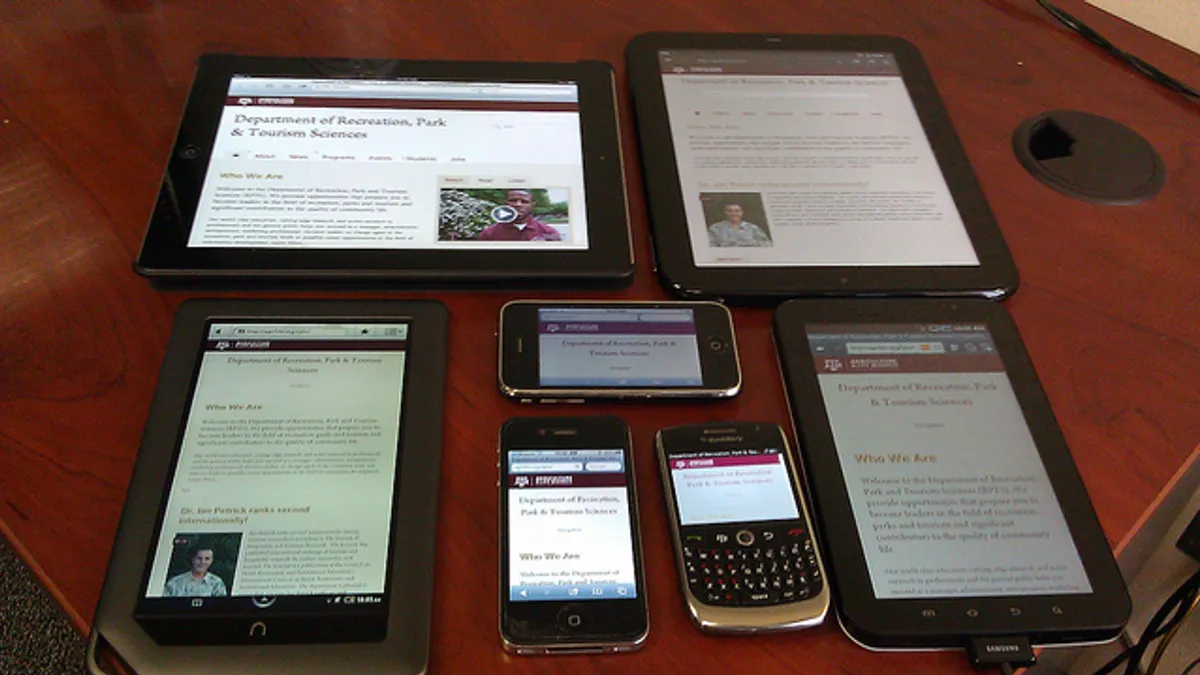The reported slowdown in PC sales has been in the news a lot lately. According to Gartner's latest PC market data, worldwide shipments of personal computers fell 7.7% to 73.7 million units in the third quarter. International Data Corp (IDC) had a slightly bigger number, saying shipments fell 10.8% to 71 million units.
Gartner attributes the slowdown to a variety of factors. One of those factors may simply be that newer PCs last longer and don’t need to be replaced as often as older models did (cloud computing has also helped here, taking some of the pressure off the workhorse desktop PC).
A stronger dollar during the last quarter may also have had an effect on lower PC sales, according to Gartner.
"The currency devaluation and subsequent price increases of PCs continued to be a major contributor to the double-digit PC decline," said Gartner research director Ranjit Atwal.
Finally, Microsoft’s decision to make Windows 10 available as a free download may have also played a role. In the past, new Windows operating systems have stimulated PC sales, but most existing PCs can run Windows 10, so IT departments had little need to upgrade PC hardware this time.
Tablets fall, too
Some attribute the slowdown in PC sales to the rise of tablet devices. But according to research firm Strategy Analytics, sales of tablets are also falling. And sales of Apple's iPad business fell 18% in its most recent quarter.
Though tablets have their uses, there are still limits to what you can do with them, especially when it comes to a demanding business environment.
So where does that leave the typical business?
"Everyone with a portfolio that includes laptops, tablets and PCs -- they're scratching their heads right now," said Jean Philippe Bouchard, a research director at IDC, in a recent CNET article. "There is a limited budget for consumers and for enterprise. Companies will have to make bets."
Rise of the hybrids
While there may be a whole host of reasons behind the slowdown of PC and tablet sales, it appear likely that their sales numbers will continue to fall. Why? Some experts say it’s because an even better solution is finally emerging. It’s actually a combination of devices, also commonly referred to as hybrids. Hybrids blend the mobility and “touchscreen friendliness” of a tablet with the capabilities of a PC.
Microsoft is already on top of this trend. Just last week, the company introduced its first legitimate laptop, the Surface Book, which includes a special hinge that allows it to twist into a slate or “snap apart to serve as a tablet."
Hybrid devices provide the best both worlds -- a mobile friendly device that also has the power to serve as a core business device. For example, the Surface Book weighs just 3.5 lbs., has a 13.5-in. high-resolution display, an Intel Core i5 or i7 processor, up to 16GB of RAM, and solid-state storage space ranging from 128GB to 1TB.
So when it comes to the business tool of the future, don’t expect the PC or the tablet to disappear altogether. Instead, expect the two to morph into thin, light and powerful hybrids perfect for the corporate environment.













